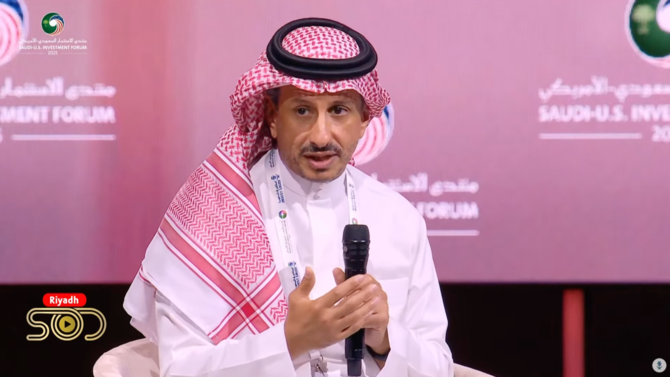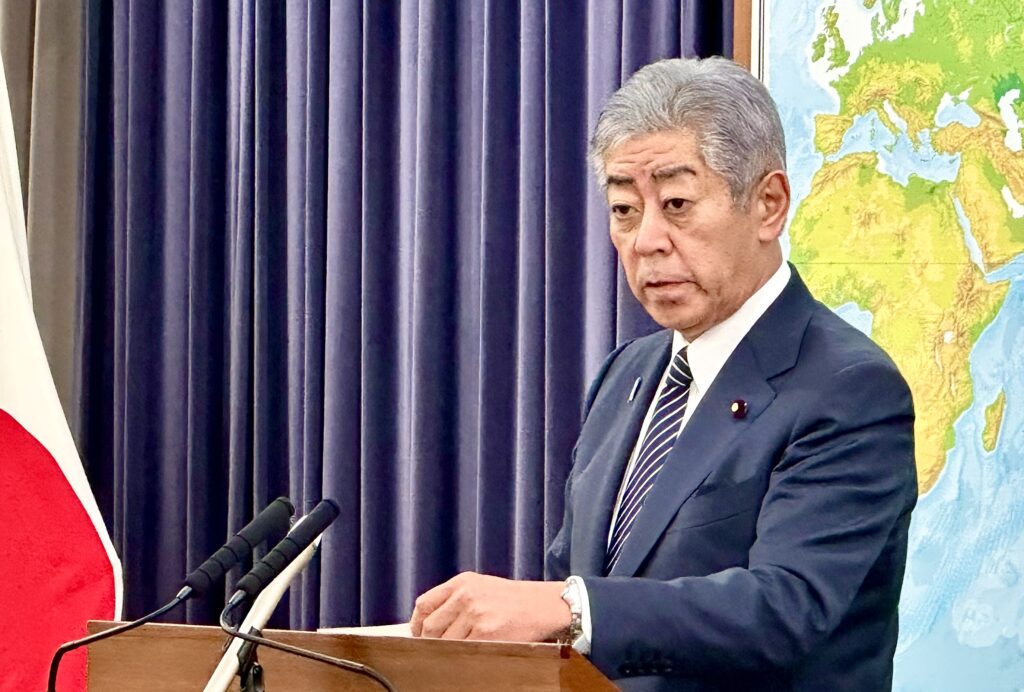RIYADH: Saudi Arabia is increasingly seen as a country of impressive mountains, stunning Red Sea islands, and a hospitable culture, with aspirations to make tourism as significant as oil to its economy by 2030, according to Ahmed Al-Khateeb, the minister of tourism.
Al-Khateeb made his remarks on Tuesday during a panel at the Saudi–US Investment Forum 2025 in Riyadh, which included Majid bin Abdullah Al-Hogail, the Saudi minister of municipalities and housing, and was chaired by Arab News’ Editor-in-Chief Faisal J. Abbas.
The minister said that the tourism sector had come a long way since the 2016 launch of Vision 2030, which established a plan to reduce the country’s dependence on oil and create a diverse economy.
The tourism and hospitality sectors have experienced a significant increase in visitors, rising from 50 million domestic and international tourists in 2019 to 115 million in 2024, which surpasses the target of 100 million tourists set for the industry under Vision 2030.
Saudi Arabia was one of the 10 most-visited countries globally in 2024, receiving 30 million international visitors, Al-Khateeb said.
He added: “I’m excited. We are full of energy to build (this) new sector to unlock the potential we have in our great country and to share the beautiful culture with the visitors coming from all around the world.
“By 2030, the tourism sector will be, next to oil, the highest contributor to our economy.”
Saudi Arabia had been viewed for decades as a country that mainly produced crude oil — making up 85 to 90 percent of its gross domestic product — and boasted hot weather and sand dunes, he said.
However, since 2016, significant changes have occurred. Oil now accounts for nearly 55 percent of the country’s GDP and, since 2019, the Kingdom has opened its borders to nearly 65 countries with electronic visas in operation, the minister added.
The spectacular mountain ranges of Asir and the beauty of AlUla are both attracting visitors, while Riyadh offered its own experiences, along with the Red Sea and the holy cities of Makkah and Madinah.
Al-Khateeb said that well-educated, young Saudis were essential for the growth of the tourism sector, which had increased its workforce from 2 percent to 7 percent in less than a decade.
The ministry aims to welcome 50 million international tourists by 2030, placing the Kingdom among the top five most-visited countries, he added. It also plans to increase the sector’s GDP contribution from the current 5 percent to 10 percent in the same timeframe.
Al-Khateeb said: “We have created (a tourism) sector that will satisfy the different travelers of different segments who are coming for business or leisure and entertainment, or people who are coming for religious purposes to visit the two holy cities.”
The minister noted that the tourism sector had adopted best practices from the US, a leading country in the industry, attracting conferences, entertainment, and airline services.
He added: “We are working closely with our friends and partners in the US. We are sending young Saudis to get the best education in the US and the best vocational training (in tourism).”




















